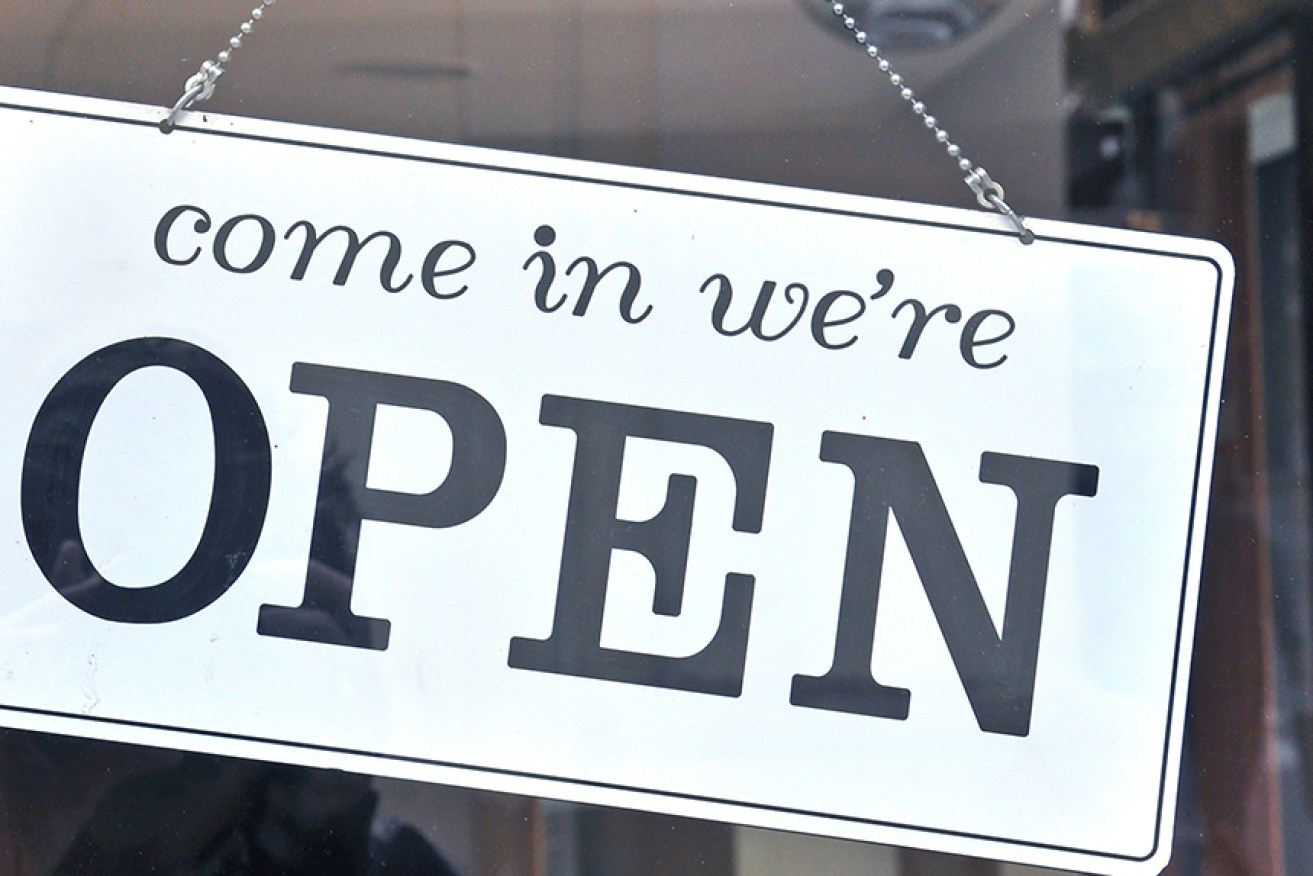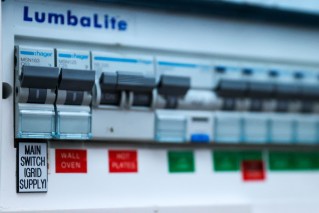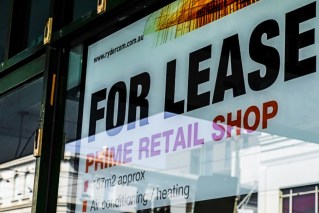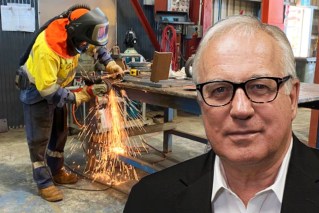Should you risk everything to start a business?

Shutterstock
Elaine Adam dreamed of living her passion.
After stints working in corporate real estate in London and as a chef in Sydney, she began to wonder what life would be like if she did what she really loved.
“I got burnt out from corporate life. I was working from 6 am until midnight,” the 33 year-old Irish-born, Brisbane-based entrepreneur said.
“I thought, ‘There has to be something better than this’.”
I was thinking that I have no fall-back plan, so this is it – it has to work
Ms Adam decided to take a leap of faith: She sold her mortgage-free apartment in London to finance a permanent move to Australia and the establishment of her own line of healthy snack foods, BiteSmart.
“I took away the safety net and that applied a certain amount of pressure that made me work hard for it and pushed me,” she said.
“I was thinking that I have no fall-back plan, so this is it – it has to work.”

Entrepreneur Elaine Adam. Source: Supplied.
For Ms Adam, selling her home to finance the establishment of her own business paid off – but experts warn that risking everything to pursue an entrepreneurial dream is not the right move for everyone.
Hewison Private Wealth director Andrew Hewison advises aspiring business owners against selling their home and putting all their financial eggs in one basket.
“It is a very, very big risk,” he said.
“If the business fails, then you are literally starting from scratch.”
Instead, Mr Hewison recommends entrepreneurs use their home as equity to secure a bank loan, as this means the interest on the funds borrowed will be tax deductible.
“Typically, people starting a business will look to do it via some kind of finance arrangements, as opposed to selling the roof over their head,” he said.
“Once you sell the home to go into a business, you still need a place to live.”
However, the cash flow of the business – and whether or not it can fund the necessary repayments – must be considered, he added.
In addition, you must be very confident about the viability of your business idea and conduct “a vast array” of market research before you go ahead with your plan.
It’s also a good idea to find an investor to minimise your risk, he said.
Mr Hewison suggest that clients complete a “SWOT” analysis before making drastic decisions:
S – strengths
W – weaknesses
O – opportunities
T – threats
While this can sound complicated, there are professionals who can coach you.
Complete Career Management’s principal consultant Rod Conn says that people should seek advice to help them get focus, clarity and direction when starting a business.
Before you go about selling your house, it is important that you complete a business plan, he said.
“This should include a very rigorous financial model of expenses to revenue, including overtime cash flow,” Mr Conn added.
Mr Conn recommends following a strict plan, which should include:
• Description of the business;
• Description of the product;
• Description of the market place;
• Assessment of the competition; and
• Marketing assessment.
“[These are] the sort of things that you would expect to take to a bank, and if you can’t complete a comprehensive business model that would withstand the rigour of a financial institution then you probably need to rethink your plan,” Mr Conn said.
While Ms Adam risked her London apartment to create her business she does not recommend it to anyone else.
“My advice would be, ‘Don’t sell the house and get a loan,'” she said. “I had no choice, as I wasn’t a permanent resident [so I couldn’t get a loan].
That aside, you need to take a leap, Ms Adam said.
“If you don’t,” she said, “you will always think what could have been.”








